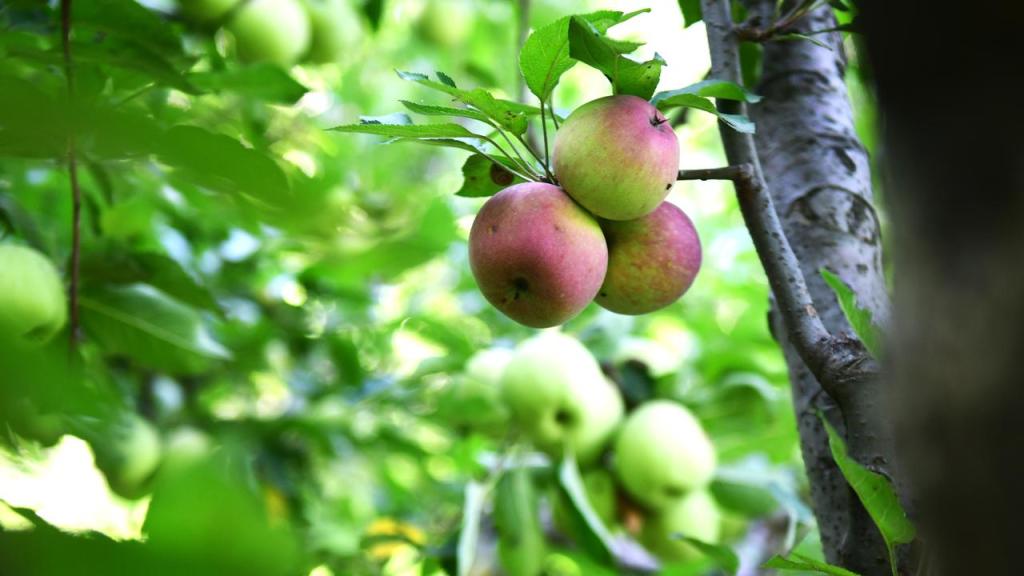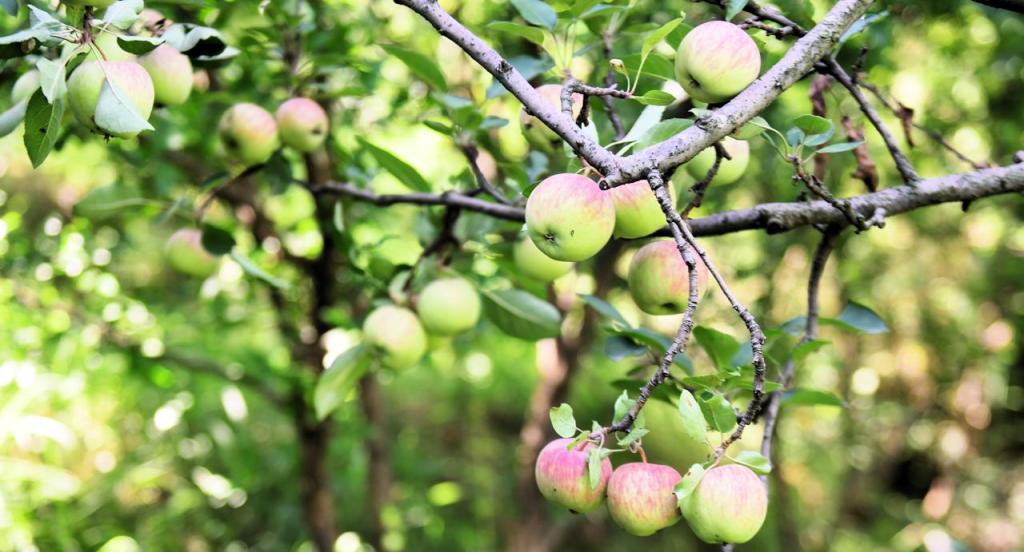After the early monsoon caused devastation in some parts of the Kullu and Mandi districts, both government and non-government organizations are expediting relief efforts to help flood-affected individuals get their lives back on track. In the next fifteen days, apple picking will begin in certain areas of Kullu and Mandi regions in Himachal Pradesh, as the early varieties of apples will be ready for harvest. However, red and yellow alerts have been issued in some parts of Himachal, causing concern for orchardists regarding their apple crops. Much of their yield has already been damaged by adverse weather, and the recent monsoon has exacerbated the situation.
A crucial task after apple picking is transporting the fruit to market. In recent years, the government has established fruit and vegetable markets at various locations in Himachal, allowing small and medium farmers to bring their produce directly to these sites. The excessive rains, flash floods, cloudbursts, and landslides have created uncertainty for farmers and orchardists about how they will transport their produce to market. Although the road network and highways are under significant stress due to climate conditions, Puran Chand Bodh believes that transportation should not pose a major problem.

“The 88% villages connected with roads and rapid road blockage clearance systems of HPPWD and border road agencies – HP Farmers face weather disruptions with strength.

PC Bodh, Retired Senior Adviser, Ministry of Agriculture & Farmers Welfare, Govt of India, now a progressive rootstock apple orchardist himself, points out that Himachal’s orchardists now hardly face the situation of heavy rainfall causing transportation disruptions around the time when apple crops begin to hit local and distant fruit markets in Chandigarh and Delhi and others destinations.
Two major factors that provide this comfort to the orchardists in HP are the availability of extensive road connectivity running into 40,000 km, with 26000 km of all-season formidable PMGSY and other roads connecting 10591 villages to the National Highways, and other roads. This also means the availability of alternative roads that come in handy to the transporters when rains affect the usual roads. Added to this is the PWD’s rapid road clearance support to maintain traffic undisrupted on roads hit by landslides, flash floods, and heavy rains. Also, availability of cold storage provides a cushion to farmers in such situations.
Though robust and extensive road connectivity in HP reduces the proneness of apple and other agricultural produce transportation to markets, much is left wanting with 2200 villages, around remaining 12% villages yet to be connected with roads, explained P C Bodh , the author of the book, Farmers’ Suicides In India : A Policy Malignancy
Many people may agree with him. News 24 Online spoke to Heera Lal Rana, an orchardist from Dobhi, Katrain, a traditional apple grower who has shifted to growing “japani phal,” or persimmon. The fruit is sometimes referred to as “Japanese persimmon” by other farmers in the valley. He says, “Most of the people sell their produce in local fruit and vegetable markets, and some sell it on a ‘where-is, as-is’ basis to the traders who visit each year to buy the crop. This year, there may not be a bumper crop, according to him, as the yield varies each year. Logistics may not be much of a problem for the orchardists, as we have good connectivity. He feels it is a misnomer to say Kullu apples are of bad quality; rather, he believes it is the handling of the produce in markets that spoils the quality of the fruit, as they are often thrown around in crates like stones. Traders should treat apples and other fruits with the utmost care, as they are fragile and perishable. ‘Super Chief’ is an early variety of rootstock apple that will hit the market first since it gains color faster. Goverdhan Thakur of Devbhoomi Fruit Company, Sabaji Mandi, Bandrol, seems confident about the movement of goods due to good road conditions. The road connectivity from the Pradhan Mantri Gram Sadak Yojana has successfully connected the last mile. While this year the yield may be less in the orchards, farmers may still receive a good price for their crops. The Ministry of Agriculture has increased the Minimum Import Price (MIP) for apples from ₹50 to ₹80 per kg. Imports from China are minimal, and Himachali orchardists will benefit from this development.
Logistics and roads may not be a problem,as traders have shifted from big lorries to smaller pick-up trucks and light commercial vehicles, as there is an alternative, as well if the highway is blocked for a day.The route from Bajaura via Kandi Katula to Mandi is good enough for smaller vehicles.
The stone fruit season is almost ending in the next ten to fifteen days, Decks are being cleared for the early variety of apples, which will start reaching the market in the next fortnight.

